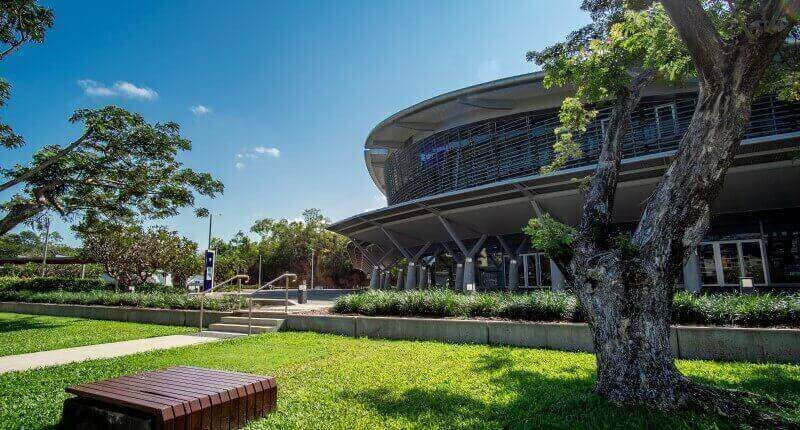- Darwin’s office vacancy rate has increased by 3.1 per cent to 19.7 per cent
- C grade buildings at only 56.4 per cent occupancy rate
- NT Executive Director calls for improvements on amenities in the city
Statistics from the Property Council of Australia have shown that office vacancy rates have increased in Darwin due to a mix of increased supply and downward pressure on demand for office space.
The office vacancy rate in Darwin has increased from 16.8 per cent in January 2020 to 19.7 per cent in January 2021. However, most concerning is the occupancy rate for C grade buildings.
The Property Council employs a grading system in consultation with individuals such as designers, developers, owners and occupiers to assess the quality of buildings based on factors such as environmental, configuration, mechanical, security, amenities amongst others.
It should be noted that the Property Council doesn’t regulate or classify an office building’s grade including by publicly classifying individual buildings. Essentially it is a voluntary industry guideline.
Grade A buildings – the highest grade – saw an increase in the vacancy rate from 7.1 per cent to 12.5 per cent. This caused a net absorption of negative 3,318 square meters in the 12 months prior to January 2021.
Grade B and Grade C, however, both saw slight decreases to their vacancy rates. Grade B saw a decrease from 28.2 to 27.2 per cent over the past year with Grade C seeing a decrease of 58.7 to 56.4 per cent. This saw net absorption increase by 667 for Grade B and 374 for Grade C respectively.
Ruth Palmer, Northern Territory Executive Director of The Property Council, finds the occupancy rate of Grade C highly concerning.
“The results indicate that we are seeing pockets being filled up in better quality buildings, leaving the C grade buildings at a concerning 56.4 per cent vacancy,” she says.
“We already knew that there was to be approximately 12,000sqm of space to come online from the end of 2020 onwards,”
“The movement of health employees into Manunda Place has left a gap in office space with ‘Health House’ now unoccupied.”
As a solution, Ms Palmer has called for significant improvement to amenities in the tropical city – which, as reported here on The Property Tribune has seen a significant increase in housing prices over the past year –to improve quality of living for residents in the CBD.
“We need to continue to focus more on improving amenities in the City that aim to bolster construction, retail, hospitality, tourism, and the ever-growing number of residents that call the city centre their home,” says Ms Palmer.
“Taxes and levies don’t encourage investment and they definitely will not improve the performance of the CBD. We believe it will further deteriorate the market,”
“Keeping the Cities Deal moving is also a major priority in activating vacant spaces, along with a stronger economy and a population growth.”








